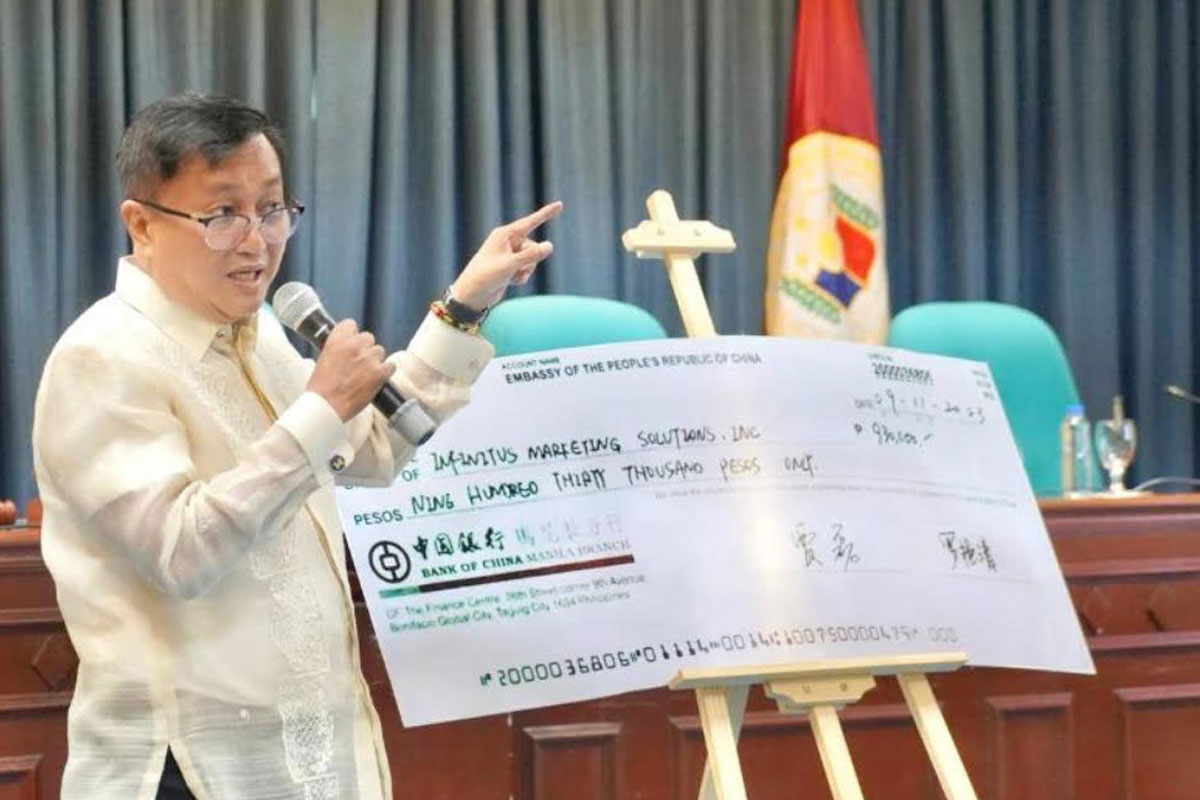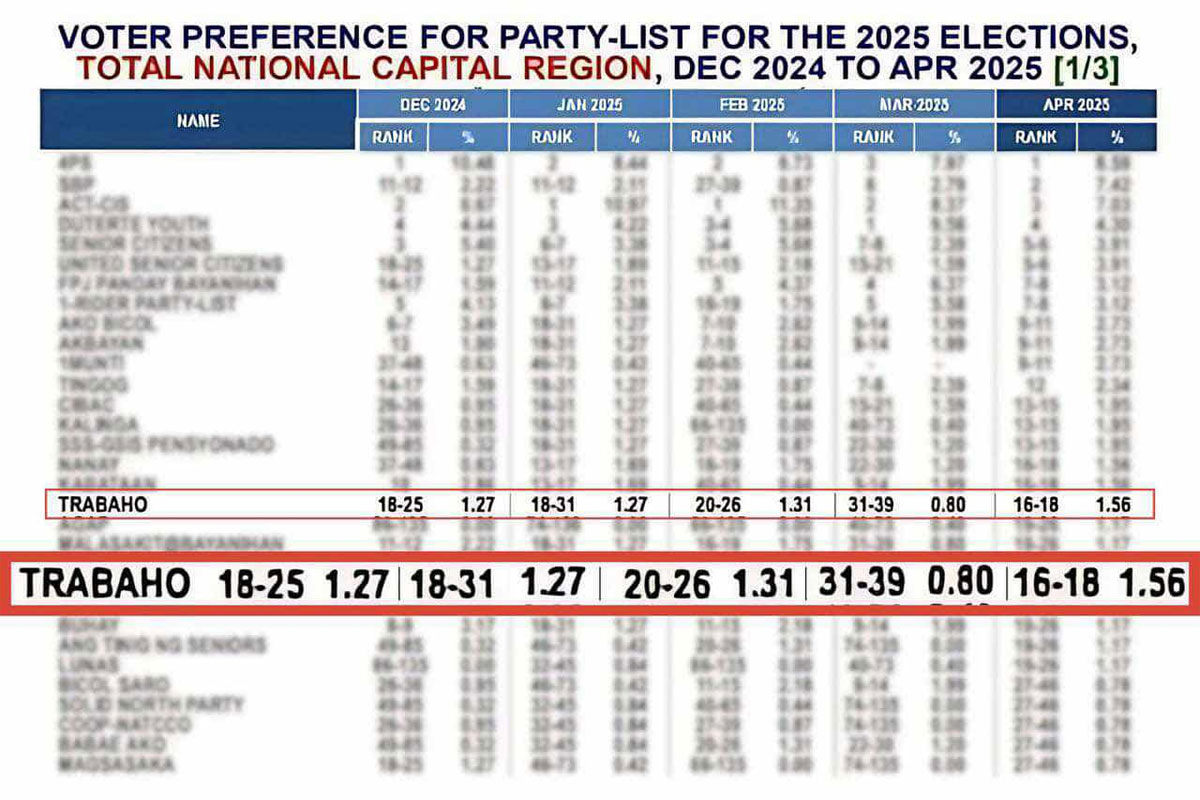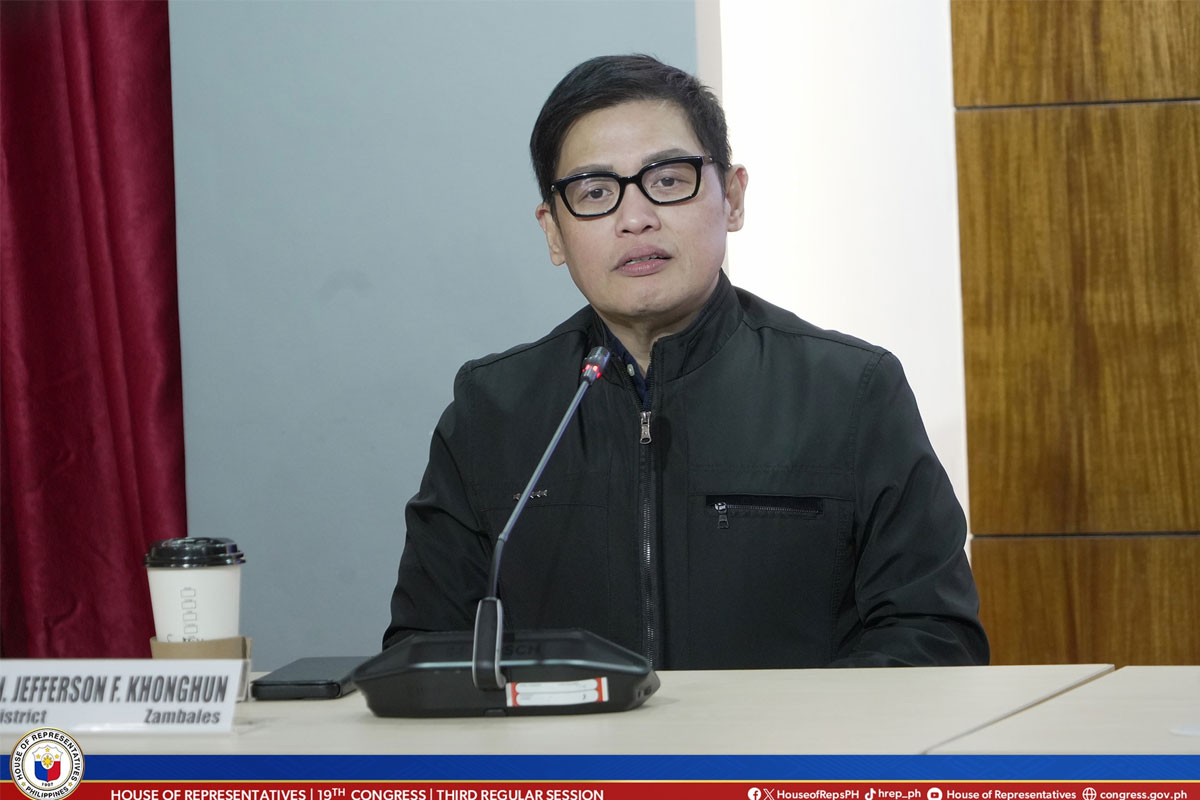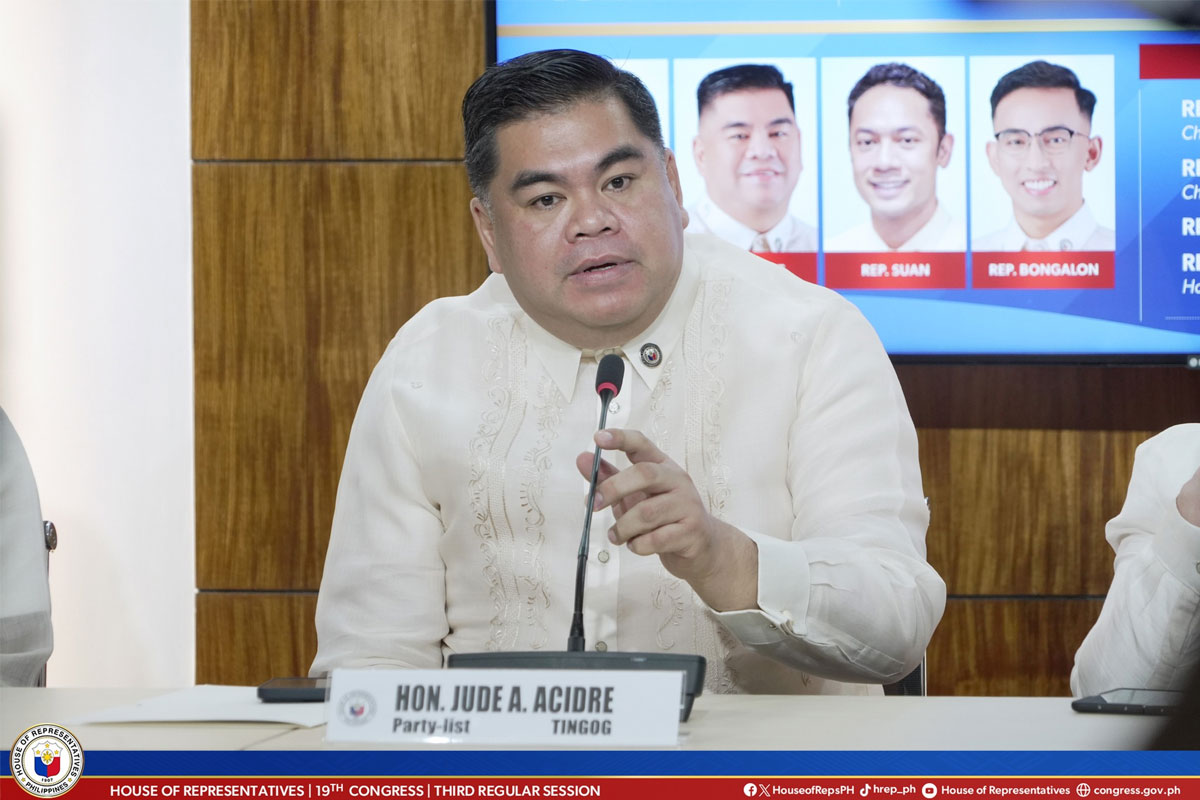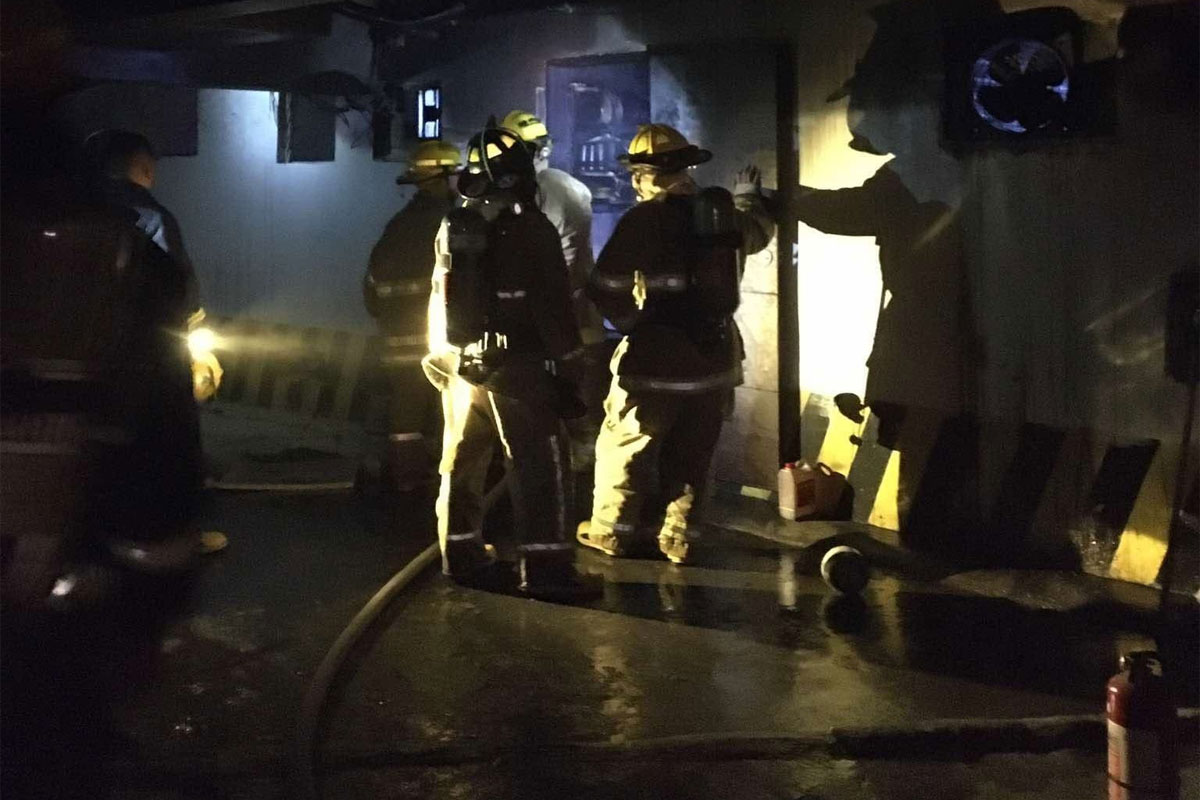
Rep. Momo calls for swift implementation of Metro Manila Flood Management Project
SURIGAO del Sur 1st District Rep. Romeo Momo is urging the national government and key agencies to swiftly put into action the Metro Manila Flood Management Project and implement other projects in all major river basins and principal rivers in the country.
Lamenting the massive flooding being experienced by Metro Manila, Region III, and Calabarzon due to the southwest monsoon (habagat) and Typhoon Carina, the lawmaker and former Department of Public Works and Highways (DPWH) undersecretary highlighted the importance of the swift implementation of major flood control projects.
“It is about time that all concerned agencies—the DPWH, MMDA (Metro Manila Development Authority), LGUs (local government units), and other officials—work together to adhere to this master plan. It has been a long time coming,“ he said.
The lawmaker stressed the need to allocate resources for being proactive against natural disasters rather than addressing the problems only when the people and livelihoods are already suffering.
“It is not enough that we are prepared for the recovery and rehabilitation, but what is more important is that we are ready for any type of disaster, especially in terms of flooding because this has taken too much from us—lives, properties, livelihoods, and so much more,” Momo added.
“We’re at the cusp of an economic recovery. All our industries are booming, but if we continue to let flooding dictate the way we run and do our business, we’re going to lose that momentum,” he said.
In 2017, the $500-million Metro Manila Flood Management Project received funding from the World Bank and the Asian Infrastructure Investment Bank (AIIB) for $207.6 million each. The Philippine government will provide the remaining $84.79 million.
The project aims to build a dam in the upper Marikina River catchment area, eliminate long-term flooding in the flood plain of Laguna de Bay, modernize Metro Manila’s pumping stations, improve flood forecasting and early warning systems, and improve institutional arrangements for better flood management.
In his capacity as chair of the House Committee on Public Works and Highways, he is set to
meet with DPWH officials and ask for the status of the project.
He also decried that despite the allocation of a “big chunk” of the DPWH budget—more than P200 billion in 2024—flooding remains a problem for Filipinos.
“Many of the projects are yet to be bidded out and some are still ongoing. We need to double time with our flood infrastructure projects. The money is already available. There’s strong support from Congress for the completion of these projects. Let’s make it happen already,” he said.
In its report about the Metro Manila Flood Management Project, the World Bank noted that the Philippines was third among countries most at risk for disasters, including floods, storms, and earthquakes.
Typhoons and floods are considered the most devastating in terms of economic and social impact, accounting for 80 percent of all deaths, 90 percent of the total number of affected people, and 92 percent of the total economic impact.









